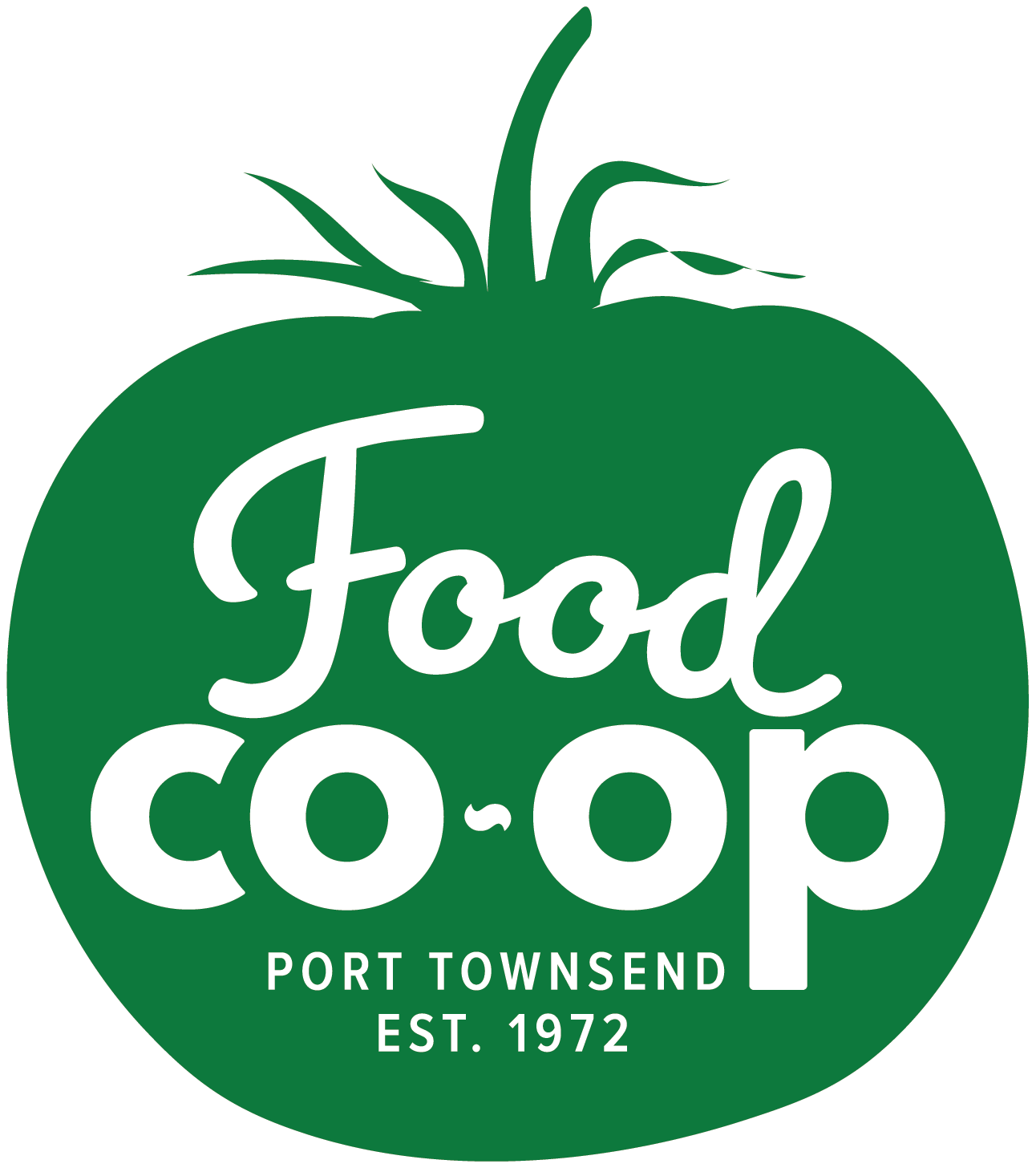Following The Co-op’s Paper Trail
You may not realize it, but the receipt you get when you check out at the Co-op carries a great story about innovation and cooperation.
Dave - Front End Manager
As you probably remember, a few years ago it became known that grocery store receipts contained toxic chemicals that could rub off when handled—and, of course, receipts are handled a lot. As the Co-op was looking into how to mitigate this problem, a member brought in a receipt she got at a PCC store in Seattle. (PCC stands for Puget Consumers Co-op, founded 1953.) The receipt was on yellow paper, non-toxic because it used Vitamin C. Dave, our Front End Manager, immediately called PCC to ask about this new paper. They were amazed he’d heard about it already, since they’d only had it a week themselves! Dave said that’s just the kind of members we have—they’re attentive and they care.
The Co-op began using the paper, and Dave passed on its details to the NCG (National Cooperative Grocers, a co-op of co-ops we belong to). Soon cooperative grocery stores all over the country were using the paper, and we all got a better price because together we add up to a pretty big customer. The paper had one snag—the yellow paper could be hard to read —but we were thrilled to have non-toxic receipts.
The next chapter in the story began a couple of years later with a cold call. Was the Co-op interested in purchasing white, non-toxic receipt paper with no plastic core? Marcus, the caller, supplied receipt paper to pot shops, where a selling point was that his paper was so safe it was smokable! Dual use, no waste. Now he was looking to expand his business, Rolly Receipts, so he was contacting grocery stores to see if there was interest. Dave was interested, since white paper would be much more readable and we are always trying to reduce our plastic use. Over the next six months, Dave and Marcus discussed what we would need—size, pricing, etc.—and then we received a sample. There were some issues—the paper was too small, cases were wrapped in plastic, and it was made in China—but there were big positives, too. It was white, there was no plastic core, it was tested by a third party for toxins, and trees were planted to offset the shipping. So our staff approved, and Dave continued to clarify for Marcus what we needed.
When the next batch came, it turned out to be a little too narrow. Turns out the Chinese use millimeters rather than inches and didn’t quite get the conversion right. Not to fear! Staff came up with the idea of putting washers on each side of the roll and then it worked fine in our machines. We passed along this idea to other stores using the paper.
Dave again told the NCG about this great product, and this time the scaling up made possible by cooperation had even more benefits. Not only did individual stores get a better price, Marcus now had enough business to enable him to bring the manufacturing to the US. (They still plant a tree for each case sold, though.) Plus, manufacturing here means that the cases no longer need to be wrapped in plastic.
The process took a while, but Dave’s time working with Marcus really paid off. The fact that he could do it—that he’s empowered to explore options and make decisions—is one of the great things about working at the Co-op, says Dave. That and having committed staff and members who bring us workable solutions when they see a problem. Not to mention the freedom to actually cooperate with other stores rather than just see them as competition—cooperation which leads to even more change for everyone. Thank you for being part of it, and enjoy that piece of good news the next time you get your grocery receipt!


